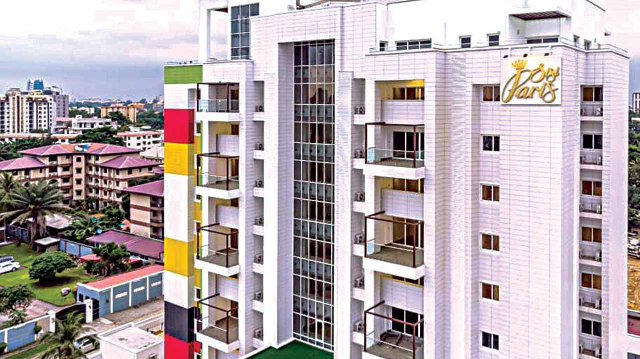Eze Munachino, Chairman of Millenium Group, believes the Nigerian real estate sector has further potential.
Munachino, the CEO of Nigeria’s largest real estate and general commerce conglomerate, said the sector had recently experienced exponential expansion and was continuing to expand.
According to him, the industry’s rise was due to the industry’s solid investment prospects for many Nigerians, whose earnings were now varied due to the yields from their real estate investments.
He did point out, however, that while real estate investing provided numerous benefits, such as financial prosperity and wealth creation, it also presented numerous hurdles that could limit an investor’s earning and investment ability.
peaking further, Munachino disclosed that one of the biggest challenges facing the real estate sector in recent times was affordability.
He noted that with a growing middle-class population, rapid urbanisation, and young demographics, Nigeria possessed all the key factors for real estate investment, regretting that financing and affordability had remained problems for developers and prospective homeowners.
“Millions of Nigerians struggle for affordable housing amidst the real estate boom,” he said.
Munachino explained the sector’s characteristics by saying that while there were different ways to invest in real estate, they all relied on comparable economic elements to make money.
“The first consideration is that the property’s value must rise. In addition, the expenditures of owning and maintaining the property must not surpass its improved worth,” he explained.
He noticed that the real estate market in Enugu State was characterized by over-inflated pricing of properties for sale and rent, but that the actual value of the property was significantly less than the amounts being leased or sold for.
“Affordable housing becomes an issue when a majority of the population is not able to buy houses at the market price. This can be likened to what is happening in Enugu where below 30 per cent of its population can afford a standard home and at least 5 per cent have no access to housing,” Munachino said.
He said that the implication of the development was excess supply with little or no demand as a result of exorbitant prices.
For most working Enugu residents, the earning capacity is generally low, making it practically impossible for the average person to save for owning a house.
He noted that the disposable income of the people remained the primary factor in determining affordability, and as a result, it was the responsibility of the public and private sectors to cater to the rising demand for affordable housing.
“Enugu’s housing disparity reflects the state’s huge economic divide. Most residents that cannot afford these rents live in large numbers, resulting in congestion. Access to decent, affordable housing would provide critical stability for these families, and lower the risk of being homeless.”
In revitalising communities, the construction of affordable homes, according to him, could also help to stimulate economic growth with a healthy mix of housing options, from market-rate and affordable rental housing, single-family homes, duplexes and developments for seniors (old people).
It would also ensure opportunities for all individuals to improve their economic situation and contribute to their communities.
He noted that in reality, the lack of safe, affordable housing was costing Nigerian cities in several dramatic ways.
“Cities that fail to step up with affordable housing solutions drive out residents, lose potential workers, and discourage growth in their local economies. While those who already have safe and stable housing may not feel the true cost of poverty. The effects are real and can have a serious detriment on our communities,” he further said.
For him, high housing prices can slow down a local economy, leaving jobs unfilled and less spending power in a community. But, when affordable housing is readily available, more opportunities become available for people at all income levels.
Apart from the price of land, he said the constant increase in prices of construction materials and labour would drive the price of properties.
But the above factors are where both the government and the private sector, according to him, should beam their lights on, if the government’s desire was to make the real estate industry much better for Nigerians.











